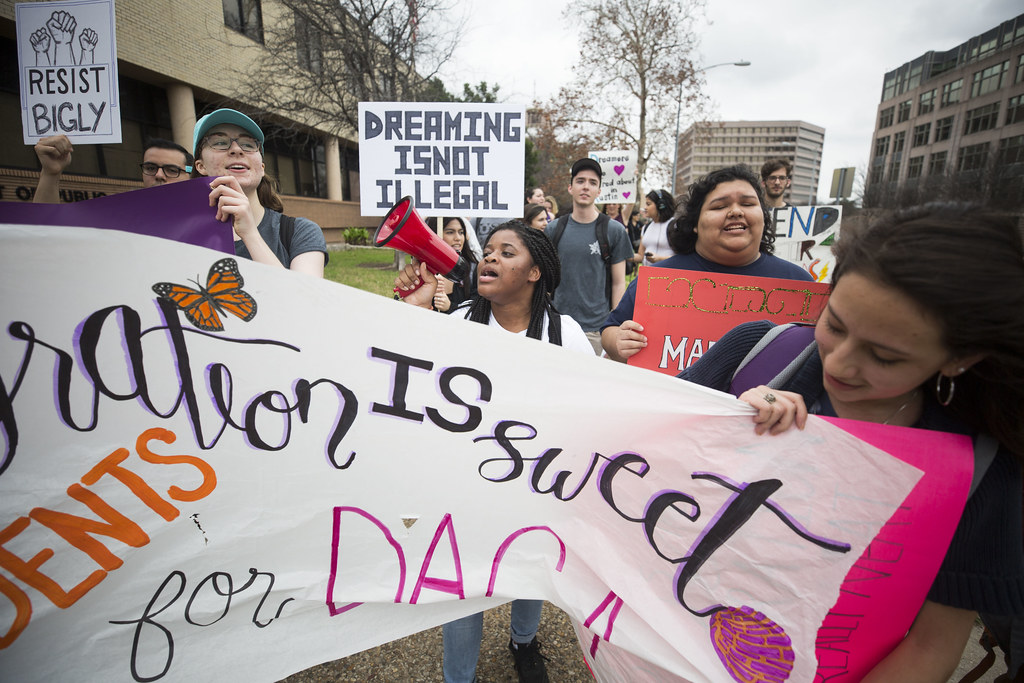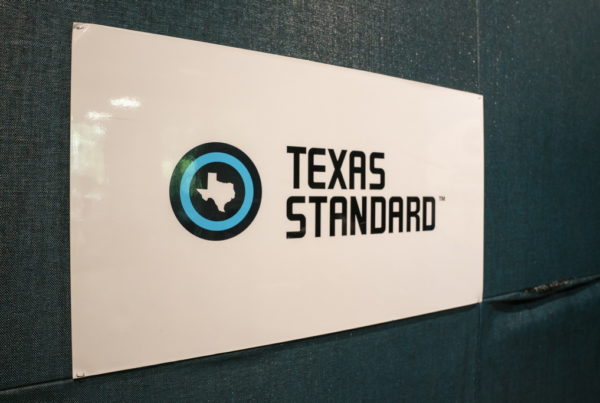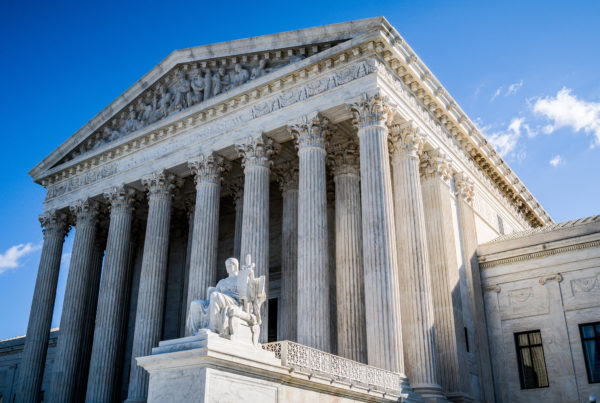On Thursday, the U.S. Supreme Court ruled that the Trump administration does not have the authority to phase out the Obama-era policy called Deferred Action for Childhood Arrivals, or DACA. The court did not rule whether the DACA program is constitutional.
Denise Gilman directs the Immigration Clinic at the University of School of Law. She told Texas Standard host David Brown on Thursday that the decision was “huge” for so-called Dreamers.
“It’s a huge ruling for justice for these young people to be allowed to remain in this country and continue to contribute,” Gilman said.
Fast facts: There are almost 800,000 DACA recipients in the United States; over 100,000 of them are in Texas. There are also an estimated 1.3 million Americans, and almost 200,000 Texans, still eligible for DACA.
Gilman on why the court viewed the Trump administration’s case as problematic:
The justifications that the administration provided for this, in terminating the program, were really pretty suspect, and the administration just hadn’t done its homework, hadn’t really provided explanation of what it was doing and certainly hadn’t taken into account issues like the level of reliance that people have had on the program.
On the court’s determination that the Trump administration’s actions were “arbitrary and capricious”:
There are certain rules about how you start or end programs, big federal programs that affect … hundreds of thousands of people. You can’t just, on a whim, as a new administration, say, “Eh, I don’t like it any more.”
On what the implications are for students:
There were people who otherwise qualified back in 2012 … before the Trump administration terminated it, but who were too young to apply. And so they’re now entering college, and now they may be able to apply for DACA with all the benefits that that brings in terms of being able to help pay their way through college by working.
On what happens next:
The program is back in place; the cases will be remanded back to the lower courts, [where] the administration can try to do
a better job of explaining why it wishes to terminate [DACA].
On how DACA is still only a temporary solution to a bigger problem for young people living in the U.S. without legal authorization:
The only real permanent solution would be congressional action to provide permanent status and a path to citizenship.
















